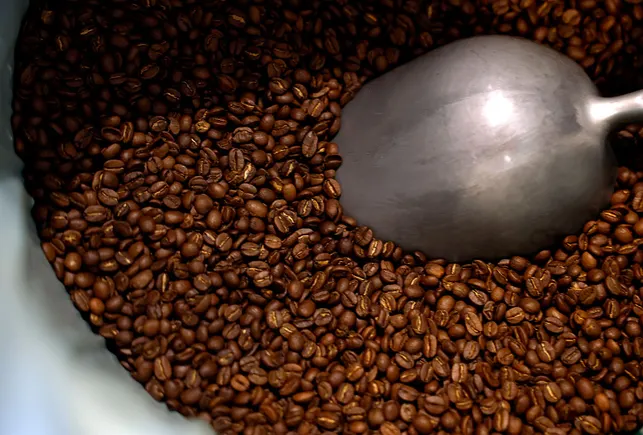A brewing storm of climate change and tariffs has led to a surge in coffee prices and sparked interest in bean-free alternatives.
The coffee industry has been hit hard by droughts in major producing countries like Vietnam and Brazil, causing prices to reach record highs. Producers are now facing the possibility of even higher costs with the potential implementation of new tariffs by the Trump administration.
Big players in the industry, such as Keurig Dr Pepper and J.M. Smucker, have already raised prices multiple times in response to escalating costs. Smucker, for example, has increased coffee prices three times since last October and plans to do so again in August, according to its latest earnings report.
As coffee prices continue to rise, food tech companies and startups focusing on coffee alternatives see an opportunity to offer a more affordable and sustainable option.
“This shift is happening now; it wouldn’t have been possible 10 or 20 years ago due to the lack of supply chain shocks,” said Jake Berber, co-founder of Prefer, a Singapore-based startup that produces bean-free coffee from food waste. “Today, we can leverage modern fermentation technologies to create a product that is not only cost-effective but also environmentally friendly.”
Prefer, established in 2022, utilizes food byproducts like soy pulp and broken rice to create its bean-free coffee. By employing a fermentation process, the company transforms these ingredients, often considered unsuitable for packaging, into a viable coffee alternative.
Having secured a $2 million seed round led by Forge Ventures, Prefer is expanding its reach in Singapore and aims to be available in 100 locations by the year’s end.
While the bean-free coffee isn’t intended to replace traditional coffee entirely, it can complement it by substituting up to 40% of the regular blend. Additionally, Prefer offers a range of caffeinated products, including decaffeinated and double caffeinated options.
“Caffeine is just one component for us, easily sourced from sources like green tea,” Berber explained, hinting at Prefer’s plans to introduce other flavors like cacao, vanilla, and citrus in the future.
Coffee, the world’s most traded agricultural commodity with over 2 billion cups consumed daily, is facing challenges from climate change that are expected to drive prices higher in the long term. With half of coffee farmland at risk of disappearing by 2050 and many wild coffee species endangered, the industry is exploring alternatives.
Despite the looming threats, researchers and organizations like World Coffee Research are optimistic about the future of coffee. By investing in breeding disease-resistant and productive coffee varieties, they aim to ensure the sustainability of the beloved beverage in the face of climate change.
World Coffee Research received a $10 million investment in 2024 for agricultural research and development, focusing on enhancing productivity, reducing environmental impact, and preserving consumer choice.
Hanna Neuschwander, senior advisor at World Coffee Research, emphasized the importance of innovation and investment in securing the future of coffee as a livelihood for millions of people worldwide.
“While alternatives are emerging to address challenges, there are multiple paths to solving the problem,” she added.
This article was originally featured in Food Dive’s Ingredients newsletter. Subscribe here for more industry insights.

